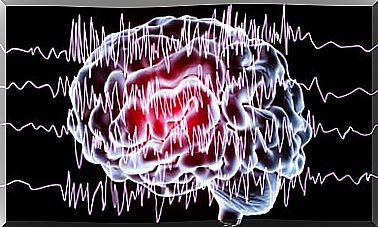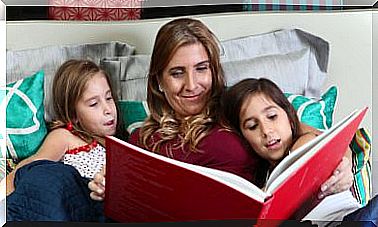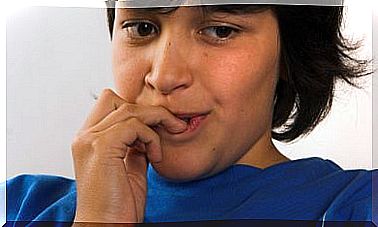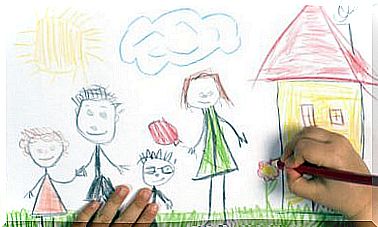Do You Know The Hearing And Language Specialist?

The hearing and language specialist is in charge of problems in communication and social interaction. These specialists are tasked with promoting and developing prevention of language disorders.
Likewise, these professionals collaborate with the optimization of the oral expression skills of individuals. With which, they are a very positive figure.
Oral language has priority over written language. However, they do not exclude any. For them, it all adds up. The contextualization depends on the educational center where you work.
As a general rule, these professionals intervene in certain stages of early childhood education, as well as in primary education for students with special language needs.
They are in charge of guiding and collaborating with the other teachers of the educational center to provide personalized attention.
Difference between hearing and language specialist and speech therapist
The speech therapist is a clinical professional, so they will be found in health care centers. The hearing and speech specialist usually works in educational units or centers.

The Speech Therapist
- Speech therapy is responsible for preventing, diagnosing, predicting, treating and evaluating communication problems.
- His field of work covers a wide spectrum : early care centers, schools, ENT units, hospitals, linguistic research, and so on.
- In many countries, the figure of these professionals is included in the health regulation laws.
THE hearing and language specialist
- These specialists perform tasks similar to speech therapists, for that reason they often confuse them.
- Its area of action is based on the educational field.
- Their inclusion in legal systems is lower compared to speech therapists. It must be recognized that over the years the training of specialists in this area has increased.
- The non-compulsory inclusion in educational centers is something that broadens its field of action. The latter has been achieved without legal ordinances, which has been the subject of discussion in some countries.
Functions of the hearing and language specialist
The following are the basic functions of the hearing and language specialist:
- Prevention. Through coordinated work with tutors, starting from the promotion and development of activities. Material resources or programs are also used when a problem is suspected.
- Exploration. It must be done with the authorization of the Head of Studies and the center’s counselor. Orientation is based on the observations of the family and the tutor, considering language development. The normal development of the language serves as an obligatory reference to demonstrate the existence or not of linguistic alterations.
What do they evaluate?
The three dimensions of language they evaluate are: use, form, and content. What it means: pragmatics, phonology, morphosyntax, and semantics. All this within the framework of the double aspect of language compression: expression and reception.
How do you evaluate it?
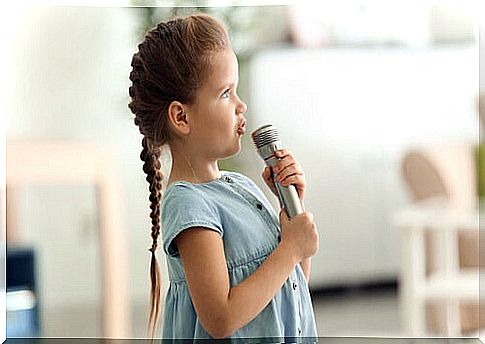
Four types of methodological techniques are used for exploration:
- Direct observation. It can be systematized or not, of the communicative behavior.
- Study of recordings of oral language.
- Standardized tests.
- TVIP (Peabody Picture Vocabulary Test) word comprehension.
- PLON (Oral Language Test of Navarra) general language.
- RFI (Monfort Induced Phonological Register) articulation.
- BLOC (Objective and Criterial Language Battery, Puyuelo).
- TPA (Illinois Test of Linguistic Altitudes).
- TSA (Aguado Syntax Test).
- Bohem of basics.
- Among others.
- Non-standardized tests. Auditory discrimination, orofacial praxis, and personal records of linguistic behaviors.
Once these tests have been carried out, the results obtained are observed to make decisions about the intervention of a speech therapist.
The measure to be applied must be consensual, and for this the hearing and language specialist, the parents or guardians, and the academic advisor must participate.
Written language and oral language disorders
- Written language disorders. They are hearing disorders (learning auditory writing), reading and writing disorders (dyslexia, dysorthography), graphomotor disorders (agrafias).
- Oral language learning disorders. It includes language-related learning disorders, for example, acalculia and dyscalculia. Another example is the alterations of the instrumental functions such as: laterality, body scheme, attention and memory.
It is very important to have knowledge about the new specialists who are beginning to inhabit the educational centers. This way you will have a better approach to them, when looking for and applying solutions to various hearing and language problems.

